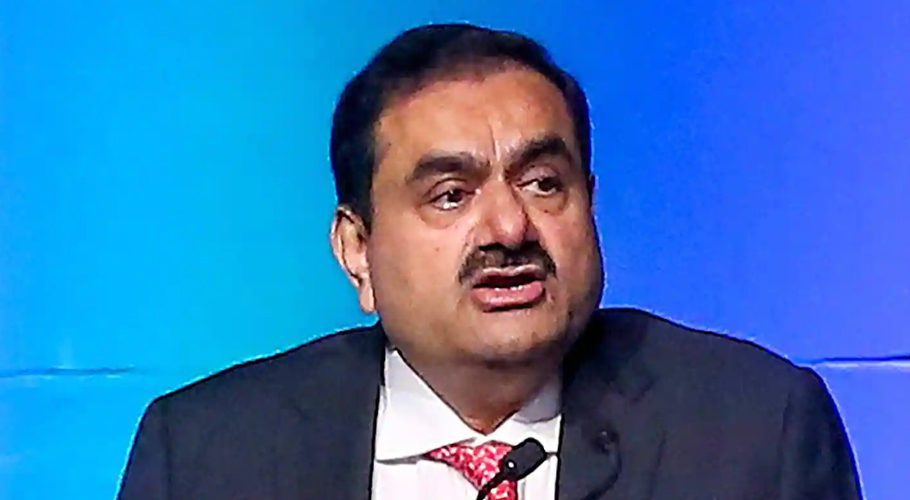MUMBAI: Following accusations of significant accounting fraud, Gautam Adani’s corporate empire has lost more than $100 billion in value and the Indian tycoon has fallen down the global wealthy list.
Who is Gautam Adani?
Adani, 60, is a publicity-shy school dropout of humble origins who rose to become fabulously rich.
Moving to Mumbai in his teens to work sorting diamonds, he formed his own import-export business. His big break came in 1995 when he acquired a shipping port just as India’s economy was opening up.
Today, Adani Group has interests in everything from power generation and Australian coal mines to cement, media, food and Israeli ports.
Its seven main listed units had a combined market value in January of around $220 billion.
The meteoric rise in the share prices of Adani’s units – the flagship Adani Enterprises rose more than 1,000 percent in five years – has helped make Adani fabulously wealthy and fund further expansion.
Until last week, Adani had amassed a fortune of $130 billion to make him Asia’s richest man and the third wealthiest overall behind only Elon Musk and Bernard Arnault and family, according to Forbes.
What has been alleged?
On January 24, Hindenburg Research – an activist US investment group that bets on stocks falling – accused Adani Group of committing “a brazen stock manipulation and accounting fraud scheme over the course of decades”.
This included funneling money from offshore accounts controlled by Adani’s brother Vinod Adani into listed units to inflate their share prices.
Critics say Adani’s closeness to Prime Minister Narendra Modi, a fellow Gujarati, has helped him win business unfairly and avoid proper oversight.
The group’s breakneck expansion into multiple new business areas has also pushed up debts to levels that have worried some financial experts.
To reduce its leverage, Adani has secured billions in dollars of investment from abroad, including from French oil major TotalEnergies and the United Arab Emirates’ International Holding Company (IHC).
What has happened this past week?
The Hindenburg report has sparked a huge sell-off in shares in Adani’s firms, wiping out more than $100 billion in market value as of Thursday, according to Bloomberg News. Trading in some stocks has had to be repeatedly halted.
Adani’s personal wealth has dived by around $60 billion and he has tumbled down the real-time Forbes rich list to number 16 as of Thursday morning, losing his crown as Asia’s richest man to Indian Mukesh Ambani.
Swiss banking giant Credit Suisse and Citigroup in the United States have stopped accepting Adani bonds as collateral for loans it advances to private banking clients, Bloomberg reported, creating further panic.
How has Adani reacted?
On January 25, Adani’s finance chief called the Hindenburg report a “malicious combination of selective misinformation and stale, baseless and discredited allegations that have been tested and rejected by India’s highest courts”.
On Sunday the firm issued a 413-page statement that it said rebutted all of Hindenburg’s claims, calling it an attack on the “growth story and ambition of India”.
Hindenburg said Adani’s statement failed to answer most of the questions raised in its report.


































